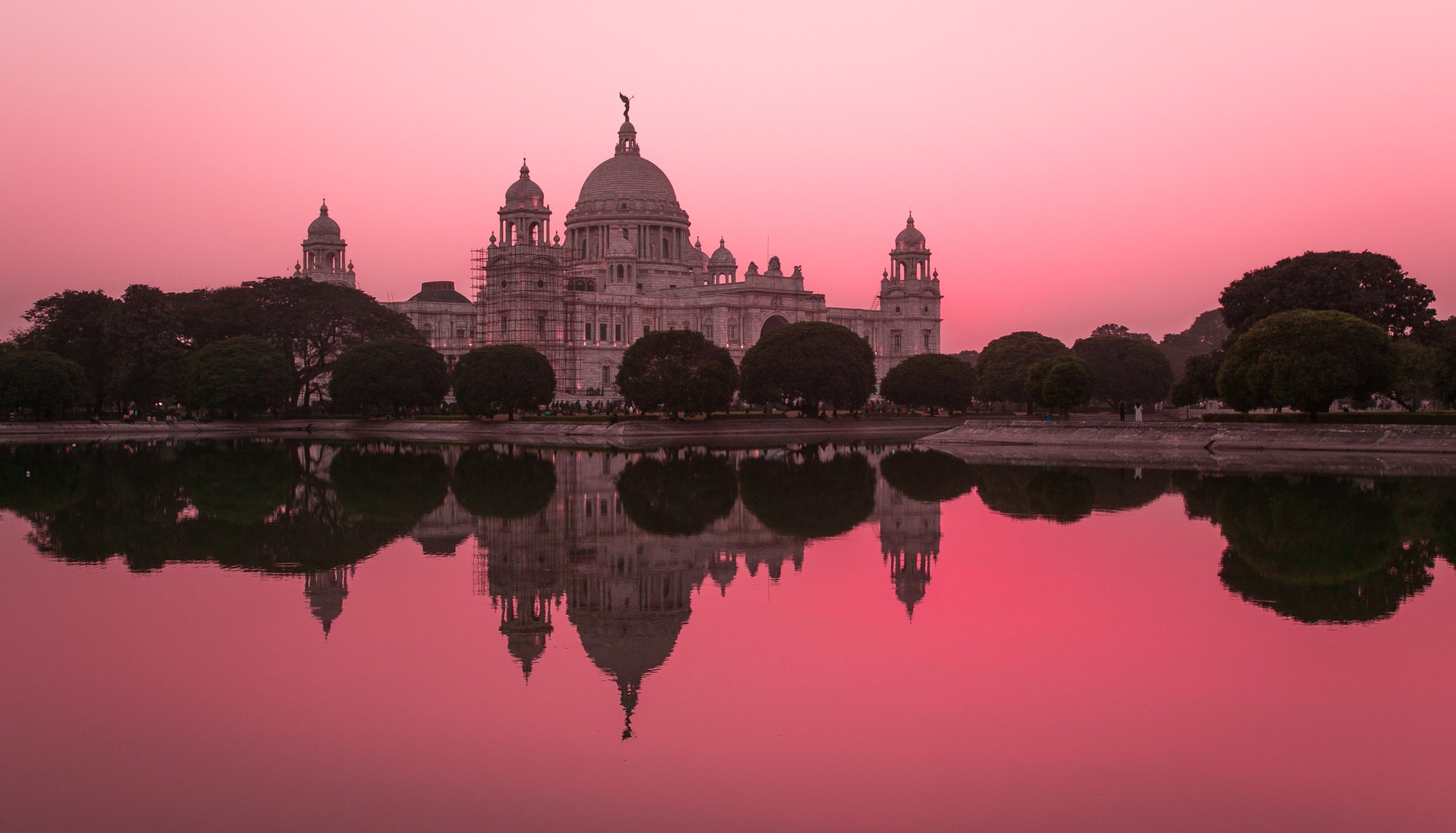Mukesh Ambani, the billionaire chairman of Reliance Industries, is planning to invest $75 billion in renewable energy infrastructure, including solar panels and electrolysers for producing green hydrogen.
It has been speculated that Ambani, with a net worth of more than $90 billion, will convert the entire output of the renewable energy into hydrogen so as to avoid selling into India’s wholesale power market, which is controlled by financially fragile utilities that are notorious for late payments.
“Reliance is preparing itself to capture the entire value chain of the green hydrogen economy,” Gagan Sidhu, director at the Centre for Energy Finance at New Delhi-based think tank CEEW, told Bloomberg. “They clearly have seen the writing on the wall.”

As a huge user of coal for power, India is currently the world’s third-largest emitter of greenhouse gases and has some of its cities are vying for the title of world’s most polluted air – but all this could change.
Key to the success of Ambani’s mission will be driving the cost of green hydrogen – produced by splitting water with electrolysers – to $1 per kilogram, 60% below the cost today. It will also need to produce renewable energy at less than 3 cents per kWh and keep its electrolysers running 24 hours a day.
It has already achieved sub-3 cent renewable energy – India has achieved the lowest cost solar power in the world on numerous occasions since 2019 and the Indian state of Gujarat recorded an auction price of 2.69 cents per kWh in late 2020 – but will need to employ energy storage to keep producing hydrogen 24/7, which will drive up the cost.
While India has huge potential as a producer of both solar energy with about 300 clear and sunny days a year and a considerable land mass, and a huge coastline to build out offshore wind, its highly bureaucratic energy market has stifled its emergence as a major player in renewable energy.
However, it is highly motivated to get things moving. As a huge user of coal for power, it is the world’s third-largest emitter of greenhouse gases and has some of its cities are vying for the title of world’s most polluted air.

India has huge potential as a producer of both solar energy with about 300 clear and sunny days a year and a considerable land mass, and a huge coastline to build out offshore wind
The announcement comes a week before India unveils its hydrogen strategy, which is expected to include free clean power transmission from one province to another for making hydrogen, as well as making land available to build renewable energy, store green hydrogen and ammonia.
It will join the 26 other countries, including the UK, that have announced a hydrogen strategy, a figure that doubled last year as the clean fuel’s potential to drive decarbonization across multiple industries became clearer.
The number of countries looking to aggressively move into hydrogen production is growing rapidly, and some of the biggest players, such as China and the US, are yet to announce their strategies.
The UK is ahead of the pack from that perspective, but it needs to deliver rapidly if it is to stay ahead of low-cost producers, like India, and deliver on hydrogen’s promise to revolutionise British industry.
To learn more about Ryze Hydrogen click here.






